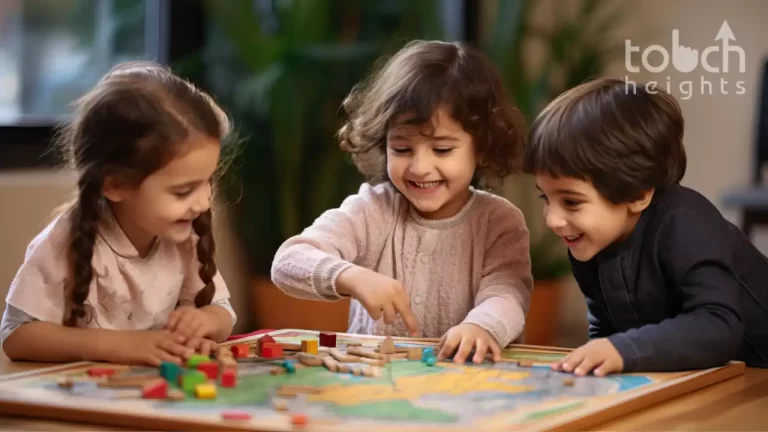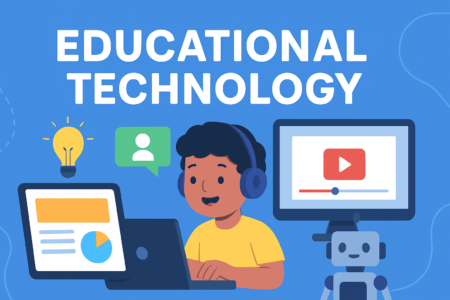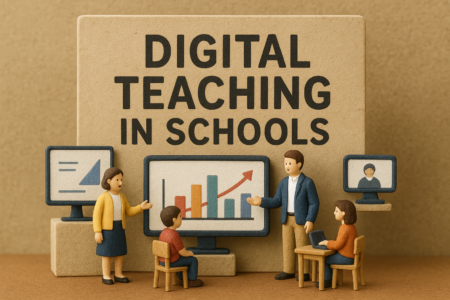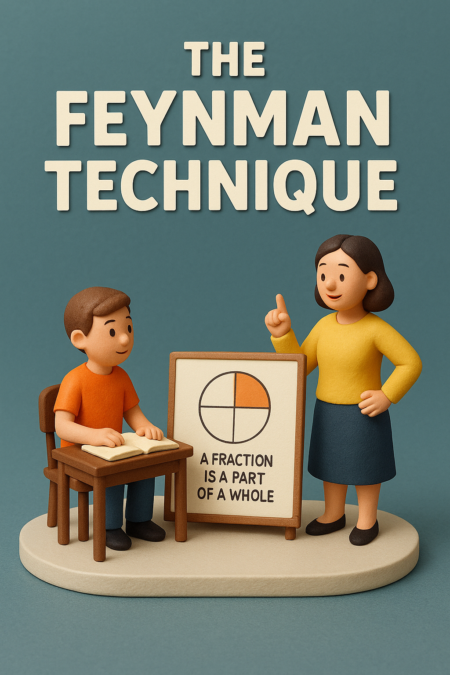Introduction
In today’s digital age, learning can be both enjoyable and enriching with educational games. These games are more than just fun—they’re powerful tools for acquiring knowledge and skills. Through play-based learning, people of all ages can explore complex concepts, solve problems, and unleash creativity in an enjoyable way. Whether you’re a child, teenager, or adult, educational games offer an exciting path to deepen your understanding of various subjects while having a blast. Let’s dive into the world of educational games and discover the endless possibilities they offer learners of all ages.
Benefits of Educational Games
Cognitive Benefits:
- Supercharge Your Brain:
Ever felt like your brain needed a workout? Well, educational games are here to the rescue! They challenge your mind, making it sharper and more agile. - Master Problem-Solving:
Stuck on a tricky puzzle? No worries! Educational games teach you how to tackle problems from different angles, helping you become a problem-solving wizard. - Critical Thinking Ninja:
Say goodbye to accepting things at face value! With educational games, you’ll learn to analyze situations, think critically, and make smart decisions.
Social and Emotional Benefits:
- Teamwork Makes the Dream Work:
Who said learning has to be a solo mission? Educational games encourage teamwork, teaching you how to collaborate with others, communicate effectively, and achieve common goals. - Bounce Back Stronger:
Life is full of ups and downs, but with educational games, you’ll develop resilience. Whether you win or lose, you’ll learn to dust yourself off and keep pushing forward. - Embrace Empathy:
Put yourself in someone else’s shoes! Educational games help you understand different perspectives, fostering empathy and compassion.
Increased Engagement and Motivation:
- Say Goodbye to Boredom:
Tired of dull textbooks and monotonous lectures? Say hello to educational games! They bring learning to life, keeping you engaged and excited to learn. - Set Your Own Pace:
With educational games, you’re in the driver’s seat. You can learn at your own pace, making mistakes along the way without fear of judgment. - Unlock Your Potential:
Ever felt like you weren’t reaching your full potential? Educational games inspire you to aim higher, unleashing your inner brilliance and creativity.
Types of Educational Games
When it comes to educational games, there’s a wide array of options to choose from, each offering unique ways to learn while having fun. Let’s explore some of the different types:
- Puzzles:
These games challenge players to solve problems and think critically. Examples include Sudoku, crossword puzzles, and logic games like “Portal” and “The Witness.” - Simulations:
Simulations allow players to experience real-life scenarios in a controlled environment. They can range from virtual labs for science experiments to city-building simulations like “SimCity” or life simulation games like “The Sims.” - Trivia Games:
Trivia games test players’ knowledge across various subjects, making learning feel like a game. Examples include “Trivia Crack,” “QuizUp,” and educational versions of popular game shows like “Jeopardy!”
Incorporating Educational Games in Learning
Incorporating educational games into learning environments can greatly enhance engagement and learning outcomes. Here are some strategies to make the most of these games:
- Integrating into Lesson Plans:
Teachers can incorporate educational games into their lesson plans to reinforce concepts taught in class. For example, using math games to practice arithmetic or history-based games to explore historical events. This not only makes learning more interactive but also reinforces key concepts in a fun way. - Creating Learning Stations:
Setting up learning stations with different educational games allows students to explore various topics at their own pace. This fosters independent learning and caters to different learning styles. - Supervising and Selecting Games:
For parents and caregivers, it’s important to select educational games that align with children’s learning goals and interests. Supervising gameplay ensures that children are engaged and learning effectively while playing.
Impact of Educational Games on Different Age Groups
Educational games have a profound impact on learners of all ages, catering to the specific needs and developmental stages of each group:
- Early Childhood Education:
Educational games for young children focus on basic skills such as colors, shapes, letters, and numbers. These games often feature vibrant graphics, simple gameplay, and interactive elements to engage young learners and promote foundational knowledge in a playful way. - Primary and Secondary School Students:
As students progress through primary and secondary school, educational games become more sophisticated and align with curriculum objectives. These games cover a wide range of subjects including math, science, language arts, and social studies. They often incorporate quizzes, puzzles, and simulations to reinforce learning concepts and encourage critical thinking skills. - Adult Learners:
For adult learners, educational games offer opportunities for skill development, professional growth, and personal enrichment. These games may focus on specialized topics such as language learning, career skills, or hobbies. They provide interactive experiences that facilitate learning in a flexible and engaging manner, catering to the diverse interests and needs of adult learners.
Challenges and Considerations
While educational games offer numerous benefits, they also come with their own set of challenges and considerations:
- Access to Technology:
Not all learners have access to the necessary technology or internet connectivity to engage with educational games. This digital divide can create disparities in learning opportunities. Strategies to address this challenge include providing access to technology in schools, libraries, and community centers, as well as exploring offline options such as board games and printable resources. - Assessing Learning Outcomes:
Evaluating the effectiveness of educational games in achieving learning objectives can be challenging. Traditional assessment methods may not capture the full range of skills and knowledge acquired through gameplay. Educators can overcome this challenge by incorporating formative assessments within the game environment, such as quizzes, challenges, and progress tracking features. Additionally, qualitative feedback from students and observations during gameplay can provide valuable insights into learning outcomes. - Selecting Appropriate Games:
With a vast array of educational games available, selecting the right games to align with educational goals and learner preferences can be daunting. Educators and parents should consider factors such as age appropriateness, subject matter relevance, game mechanics, and learner engagement when choosing games. Online reviews, recommendations from trusted sources, and trial versions can help inform decision-making.
Future of Educational Games
Looking ahead, the future of educational games holds exciting possibilities:
- Emerging Trends and Advancements:
As technology continues to evolve, educational game design is expected to become more immersive, interactive, and personalized. Emerging trends such as augmented reality (AR), virtual reality (VR), and gamified learning platforms have the potential to revolutionize education by providing learners with dynamic and engaging experiences. These advancements can cater to diverse learning styles and preferences, making education more accessible and enjoyable for learners of all ages. - Augmented Reality and Virtual Reality:
Augmented reality (AR) and virtual reality (VR) technologies offer immersive learning environments that blur the lines between the physical and digital worlds. Through AR and VR educational games, learners can explore historical landmarks, interact with scientific simulations, and embark on virtual field trips, enhancing their understanding of complex concepts and subjects. - Gamified Learning Platforms:
Gamification principles, such as rewards, challenges, and progression systems, are increasingly being incorporated into educational platforms and tools. Gamified learning platforms motivate learners to engage with educational content through game-like experiences, fostering intrinsic motivation and a sense of achievement. These platforms often feature adaptive learning algorithms that personalize the learning experience based on individual progress and performance.
Conclusion
Educational games provide numerous benefits for learners of all ages, fostering cognitive skills, social interaction, and creativity. By incorporating them into our learning journey, we open doors to engaging and effective educational experiences, catering to diverse learning styles. Let’s embrace the power of educational games and embark on a lifelong journey of learning through play.







